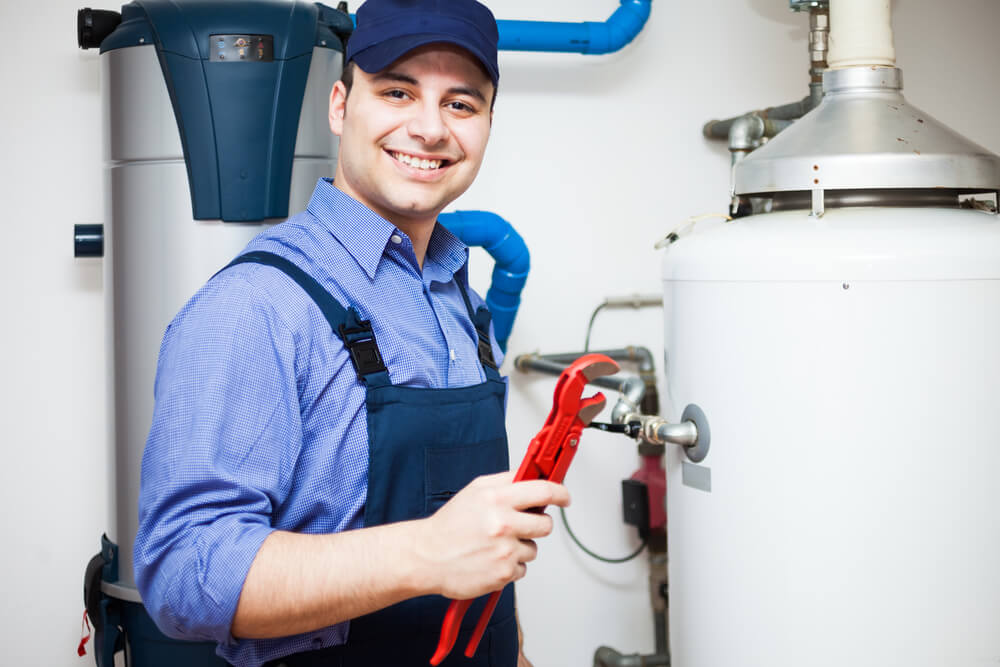How often should I schedule gas testing?
We recommend annual testing, especially for older systems or properties with recent renovations.
Is gas testing required before turning on service?
Yes, in many areas of Texas—including Houston—testing is required by law before gas service can be restored.
What are signs of a gas leak?
The smell of sulfur or rotten eggs, hissing sounds near pipes, or unusually high gas bills may indicate a leak.
How long does a gas pressure test take?
Most residential tests take 1–2 hours, but the duration can vary based on the size and complexity of your system.
Can you repair gas leaks found during testing?
Absolutely. Our licensed plumbers can immediately repair or replace leaking gas lines and restore safe service.





